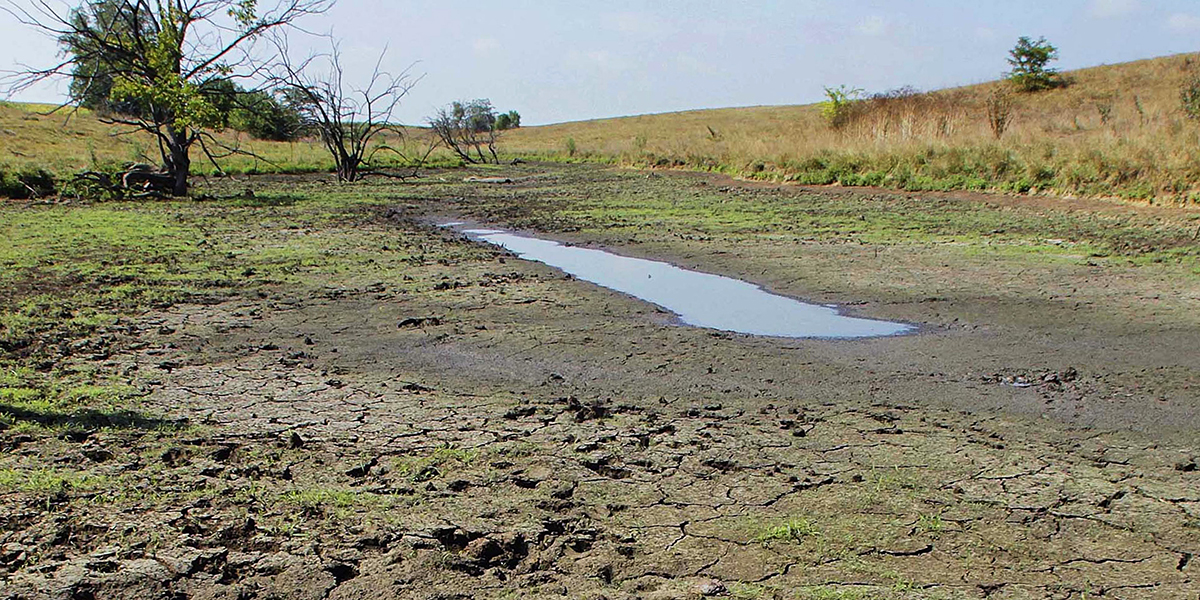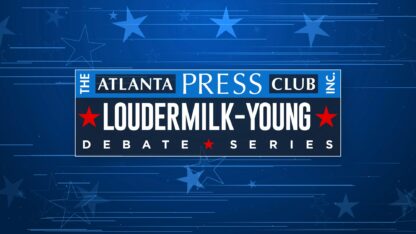Trump Tells U.S. EPA To Revisit Controversial Water Rule

FILE – In this Aug. 3, 2012, file photo, a small amount of water is seen in a pond in the cattle pasture that serves as the water source for a cattle ranch in Tallula, Ill. The Trump administration has said it opposes a 2015 rule giving EPA discretion to regulate waters and wetlands far … Continued
Seth Perlman / Associated Press
President Donald Trump is directing the U.S. Environmental Protection Agency to revisit a regulation on clean water.
The Obama-era rule, known both as the Clean Water Rule and “Waters of the United States,” was intended to clarify what bodies of water are protected by the Clean Water Act: Big rivers are, but what about creeks that feed into them, or streams that go dry part of the year, or wetlands? The rule would have protected those too.
Environmentalists generally liked it. Farm groups generally hated it, seeing it as another example of federal overreach.
The executive order Trump signed today begins the process of undoing the rule.
In a statement, American Farm Bureau president Zippy Duval, who’s from Georgia, called Trump’s order a “welcome relief to farmers and ranchers.”
“The Environmental Protection Agency failed to listen to farmers’ and ranchers’ concerns when drafting the rule, and instead created widespread confusion for agriculture,” Duval said.
The EPA, in crafting the original rule, did look at science, said Bill Sapp, a senior attorney at the Southern Environmental Law Center.
“It effectively looked at the science behind water pollution and the connections between different types of waters in a watershed,” he said. “Any watershed where you have a small stream feeding into a larger stream, and then on into what we think of as the Chattahoochee River, all along that initial path of those small streams, those are not going to be protected anymore.”
The Obama-era rule has never been implemented; it’s been held up in court since it was finalized. Georgia is one of the states that sued to block the rule.
Trump’s move today doesn’t repeal the rule, and will likely lead to more litigation.
9(MDAxODM0MDY4MDEyMTY4NDA3MzI3YjkzMw004))








